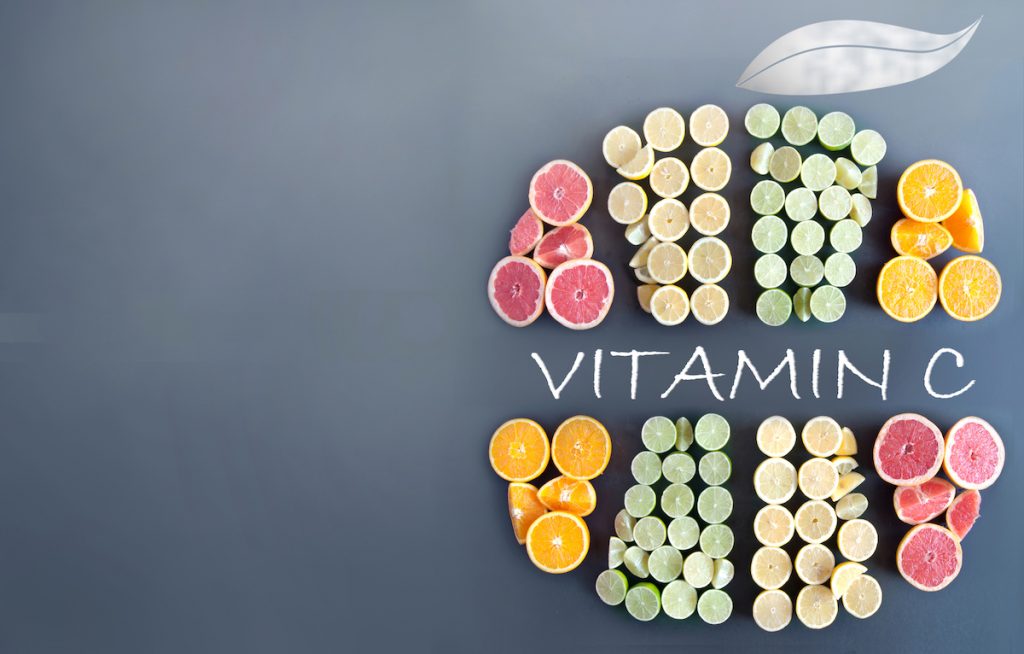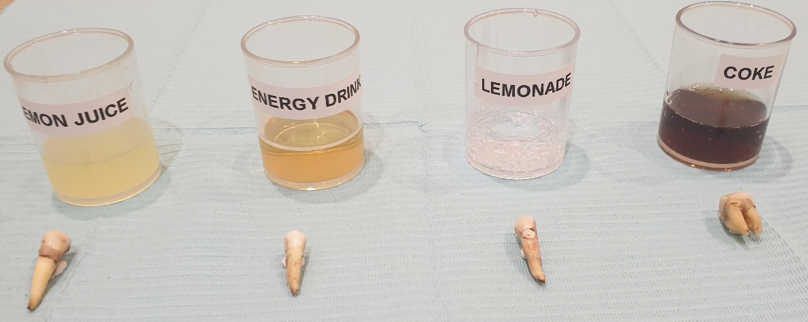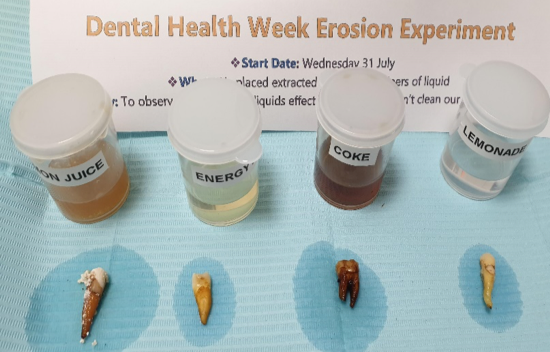The Hidden Dangers of Vitamin C

We all know the importance of Vitamin C to our immune system; that it can help to reduce the symptoms and shorten the duration of a cold or influenza.
Vitamin C can also help to slow down skin aging and lower cholesterol levels; it can enhance our iron absorption and reduce the risk of gout while a deficiency can cause gingivitis and easy bruising.
Making sure of our levels of Vitamin C is something we need to monitor, to help us maintain good health, especially with our fast approaching flu season and the current global COVID-19 pandemic.
Vitamin C can be found in an abundant number of fruits and vegetables, including citrus fruit, broccoli, kiwi fruit, tomato, strawberry, and pineapple, just to name a few. Many of us also take vitamin supplements, sometimes in the form of chewable Vitamin C tablets.
We all agree that Vitamin C is essential for good health, but we also need to be aware of some possible side effects that it may cause. We need to monitor how much Vitamin C we have every day and how we get it.
The recommended daily amount for adults is 65 to 90 milligrams (mg) with a maximum of 2000 mg per day. Vitamin C is also known as ascorbic acid.
When we think of this essential vitamin as being an acid, it puts an entirely different spin on how we think about it. Imagine the damage that acid can cause our body! Therefore, we need to be careful.
Side Effects of Vitamin C
Having too much Vitamin C is unlikely to be overly harmful to us, but massive doses can cause diarrhea, nausea, heartburn, stomach cramps and headaches. You need to find what balance is right for your body.
Another side effect that many are not aware of is the effect Vitamin C can have on our teeth. Understanding that this vitamin is actually an acid makes it easier for us to come to recognise the potential dangers involved in having those refreshing pieces of lemon in our water.
We think that by eating oranges and sipping lemon water all day will help improve our immunity and help ward off colds and flus. Now we know that it certainly does help with this, but it can also erode our precious tooth enamel.
The acid in the citrus fruit is just as bad for our teeth, if not worse, than the popular soft drinks that we are all so cautious of.

When patients come into the clinic and tell us they have been experiencing some sensitivity in their teeth, we ask about their diet. Have you been drinking lots of soft drink or juice?
When we examine their teeth, we can often easily see the effects that this acid has had. Sadly, sometimes the enamel has been washed away completely. We then recommend that they use a sensitive toothpaste to help alleviate the symptoms.
Still, often a filling will be needed to cover the exposed area of dentin, sometimes in extreme cases, even a crown or veneer is required. The patient was totally unaware that the bumper crop of oranges from their orange tree had caused so much damage.
We also need to be aware of the same corrosive effects of chewing Vitamin C tablets. These tablets stick to your teeth and can then remain on your teeth for longer periods of time.
Given the importance of Vitamin C to our health, how then can we make sure that we get enough Vitamin C without doing damage to our teeth?
- Have a drink of water after you have had your Vitamin tablet or eaten your orange. This will help reduce the amount of acid sitting on your teeth.
- Our enamel is at its weakest after we have eaten the Vitamin C (both in its natural form or tablet), so never brush your teeth straight away. Leave teeth for a minimum of 30 minutes before brushing. If we were to brush our teeth immediately after eating an orange or chewing a tablet, we would be helping to brush away the enamel!
- Try simply swallowing the Vitamin C tablet instead of chewing it.
Making these few easy changes to our habits and mean a massive difference to the health of our teeth.
Passion Family Dental North Lakes Dental Health Month Experiment
For Dental Health Month last year, we conducted an experiment in the practice. We placed teeth that we had extracted in several common drinks – lemon juice, energy drink, lemonade and Coke.

*31.7.19 commencement of experiment
After two weeks, we removed the teeth to see what damage had been done, if any, to the extracted teeth. The results were quite eye-opening.
The teeth that had been in the energy drink and lemonade were very soft to touch; you could easily scrape off the enamel. The tooth that had been in the Coke had turned black, and the surface was very eroded.
The tooth in the lemon juice was by far in the worse condition. The enamel on the tooth was just about completely eroded.
We need to point out that we noticed the erosion on the lemon juice-soaked tooth after the very first day, not only was it the most damaged of the teeth, the damage occurred quicker than the others.

* 13.8.19 two weeks after commencement of experiment
Our patients were astounded to see the effects that the lemon juice had on the tooth, and many were able to understand why they were experiencing sensitivity.
We were able to explain to them that with just a few simple changes to their habits. they could avoid a similar erosion happening to their teeth.
To book an appointment, call us on (07) 3465 1199 or visit us at Unit 4/6 Endeavour Boulevard in North Lakes.